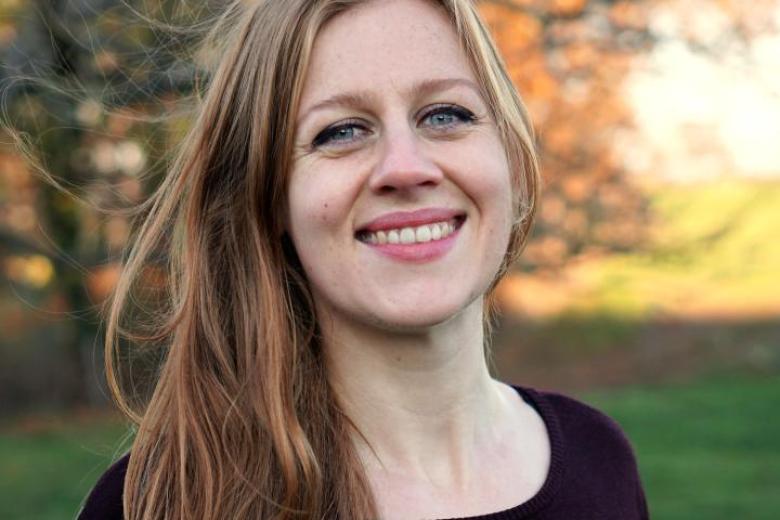UM conducts research into Limburg language in child care
Scientists from Maastricht University are involved in a study on the use of Limburg language in child care. Together with Hoes veur 't Limburgs, MIK & PIW Groep, the Innovation Workshop, Peuteropvang Heerlen and Zuyd Hogeschool, they are going to collaborate on a research into the project “Zjuulke” within a number of preschool locations of MIK & Spelenderwijs and Peuteropvang Heerlen.
Who and what is Zjuulke?
Zjuulke is a Limburg toddler who represents “bilingual child care. The aim of the methodology within Zjuulke is to offer children the opportunity to develop multilingually: with Dutch and Limburgish. One way to use the Limburg language within the preschool is the one-face-one-language method. Children quickly associate language with the face of the educator. They quickly get used to one teacher who consistently speaks Limburgish to all children and to the other who speaks Dutch. Another way is to start smaller, using songs, rhymes and books in Limburgish.
Why this study?
About 75% of Limburg's population uses the Limburg language. A survey of preschoolers' language use showed that 56.6% speak the Limburg language (Cornips et al., 2022). Thus, research shows that fewer children are speaking the Limburg language. We also hear from parents and caregivers that children who initially speak Limburgish at home speak only Dutch after a while at preschool. In addition, parents and pedagogical staff often still have the misconception that speaking the Limburg language is bad for the 'Dutch' language development of their child. This despite the fact that research has shown for quite some time that multilingualism has advantages for the development of children. Reasons enough to focus on the Limburg language within child and preschool care.
Research design
The research takes a close look at the approach of Zjuulke, how the method runs in practice and what experiences those involved have. This is done by examining the participating locations on the basis of observations, interviews and questionnaires. On behalf of Maastricht University, Professor Leonie Cornips (Chair of Language Culture in Limburg) will conduct the research.
Also read
-
Prestigious European grant for two UM researchers
Two researchers from Maastricht University (UM) have received a prestigious ERC Consolidator Grant from the European Research Council. This will allow them to set up a scientific research team in the coming years for studies on bioprinted models of a human kidney and on female guest workers from...
-
Digital conflicts about climate in the picture
Philosopher Maud Oostindie of Maastricht University is one of the new 'Faces of Science' presented today by the KNAW. Through blogs and vlogs, she is going to show what her life as a young scientist looks like.
-
Two Maastricht studies in the race for the Klokhuis Science Prize: vote now!
Living brains in a laboratory and research on internet freedom –two of the ten nominees for the Klokhuis Science Prize this year are UM scientists. And you can also vote!